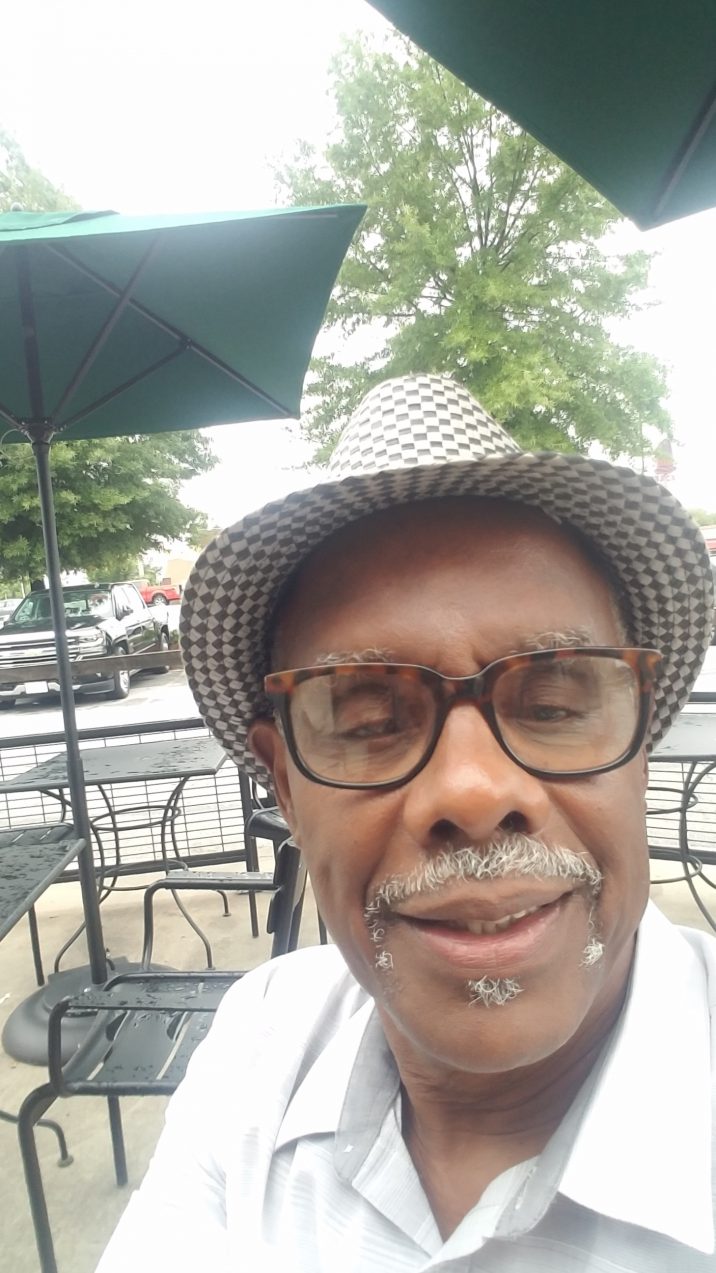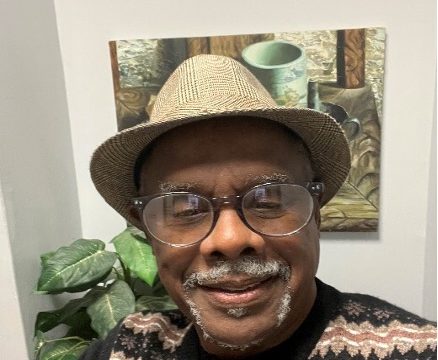
Welcome back readers!
Hope you had a chance to meet your Asian neighbor, the one we talked about in this space last week.
Now since the month of June is right around the corner – and with it, National LGBTQ (Lesbian, Gay, Bi-Sexual, Transgender, Queer) History Month (more on that further down), this week let’s again trek through your neighborhood, this time to meet your LGBTQ neighbor.
But before we get started, once again pull out a pen and piece of paper and jot down the names of at least five famous LGBTQ Americans, living or dead. Okay, if you’ll scratching your head coming up with names, Google “famous LGBTQ Americans” to expand your knowledge, but not until after you finish reading this piece.
Now to set the stage, here’s a recent experience. You see, I engaged in a lively conversation with an equally lively “Victoria” at an outdoor event recently. At the end of our chat, she said with her face suddenly turned away, “Terry, my wife and I look forward to visiting your family restaurant soon.”
“My wife!” For a split second, I wondered why she looked the other way at her mention of “my wife.” Was it, I thought, to protect herself from a possible look of disapproval on my face, a tactic she’d fine-tuned from years of experience when first disclosing for the first time that part of her life? Was it to protect me from her seeing me with a shocked look on my face? Or maybe it was for some other reason. I can’t say with certainty.
A short pause here folks. For the record, I’m heterosexual, was born heterosexual and will die heterosexual. I also recognize that being heterosexual is something I don’t have to hide for fear of rejection, discrimination and persecution. So yes, my heterosexuality affords me privileges denied by LBGTQ folks.
Now with that said, it took me some time to question and eventually challenge negative stereotypes and reject jokes I heard about gay people in the small town I grew up in. Truth is that the schools I attended had gay students, a few “out,” many not, and several teachers we suspected were gay. And they were all great people.
Speaking of teachers, I realize that two of my best teachers were gay – one who taught English and the other word processing – both of whom worked my tail off. Subsequently I majored in English in college and the word processing knowledge I learned in school came in handy for many of the research projects and papers I had to write. So obviously, my gay teachers recognized potential in me and made sure it was not wasted.
Back now to LGBTQ Pride Month, celebrated annually to honor the 1969 Stonewall riots and work to achieve equal justice and equal opportunity for lesbian, gay, bisexual, transgender and queer (or questioning) Americans. In June of 1969, patrons of the Stonewall Inn in New York City staged an uprising to resist the abusive treatment of gay people by the police, particularly the raiding of the Inn in search for bribes. At its peak, more than 1000 people took to the streets of Greenwich Village in one of the first displays of LGBTQ protests.
Since then, Americans’ views toward those who identify as LGBTQ have changed substantially in recent years, and a majority of U.S. adults now say homosexuality should be accepted by society. The legal landscape for LGBTQ people has also shifted, including through a Supreme Court decision that legalized same-sex marriage nationwide. Here are five key findings about LGBT Americans:

Americans are becoming more accepting in their views of LGBTQ people and homosexuality in general, and the number of people identifying as LGBTQ has grown in recent years.
For example, 63% of Americans said in 2016 that homosexuality should be accepted by society, compared with 51% in 2006. About nine-in-ten said in a 2013 Pew Research Center survey of adults identifying as LGBTQ that society had become more accepting of them in the previous decade. About 10 million people identified as LGBTQ in 2016, according to estimates from Gallup. This represents a modest but significant increase from 8.3 million people who said they were LGBTQ in 2012.
Gay men and lesbians are more likely than bisexuals to be “out,” according to the 2013 Pew Research Center survey. Overall, only 28% of bisexuals say that all or most of the important people in their lives are aware that they are LGBTQ. Meanwhile, 77% of gay men and 71% of lesbians say the same. Bisexual women are much more likely than bisexual men to say most of their friends and family know about their sexuality.
Most LGBTQ Americans say they have never lived somewhere that is known as an LGBTQ neighborhood. According to the 2013 survey, 72% say they have never lived in one of these neighborhoods, while 14% say they have lived in one in the past and 12% say they currently do. While 56% say it is important to maintain places like LGBTQ neighborhoods and bars, 41% say these venues will become less important over time as LGBTQ people are more accepted into society. Gay men are the most likely of any of the subgroups to say that these distinctive venues should be maintained (68%).
Now progress aside, there’s still work ahead. Among remaining concerns on the part of LGBTQ Americans are the fear of being rejected, particularly by family and loved ones, and personal safety nowadays when acts of hate targeting their community are on the rise. And without doubt, discrimination remains a concern, including for LGBTQ people of color who must overcome barriers of race, sexual orientation (if they identify as lesbian) and gender. According to a poll by the Robert Wood Johnson Foundation and the Harvard T.H. Chan School of Public Health, LGBTQ people of color are more than twice as likely as their white counterparts to say they’ve been discriminated against because they are LGBTQ in applying for jobs and interacting with police.
In closing – and not looking away – let me say emphatically that my life has been greatly enriched by the presence and support of many wonderful LGBTQ people.
Here’s a parting thought about “Victoria.” I look forward to the day when she will not have to look away at the mention of those affirming two words….
…“My wife!”
© Terry Howard is an award-winning writer and storyteller, a contributing writer with the Chattanooga News Chronicle, The American Diversity Report, The Douglas County Sentinel, The BlackMarket.com, co-founder of the “26 Tiny Paint Brushes” writers’ guild, and recipient of the Dr. Martin Luther King Leadership Award.


